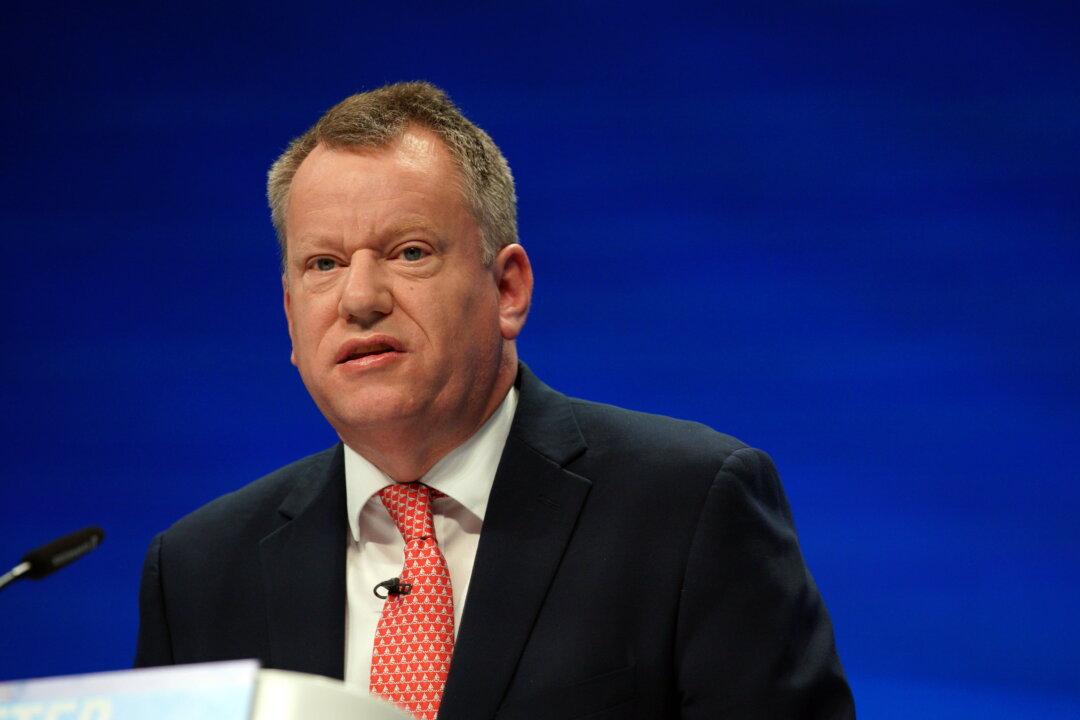The UK’s former Brexit minister on Monday became the latest senior Conservative MP to pressure Prime Minister Boris Johnson to scrap a tax hike due in April.
Lord David Frost, who recently resigned from the Cabinet over the government’s taxation and other policies, denounced the scheduled £12 billion ($16 billion) National Insurance hike as being neither necessary nor justified, and even less so during a cost-of-living crisis.





